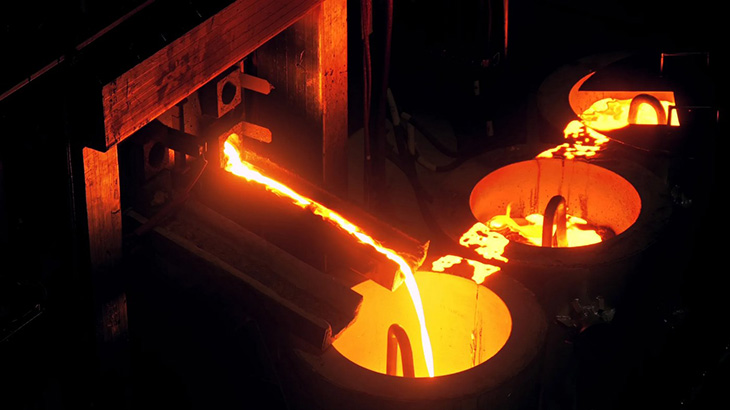

A startup born out of Massachusetts Institute of Technology (MIT) is poised to tackle one of the most stubborn contributors to global carbon emissions: steel production.
With an eye on industrial transformation, Boston Metal has developed a method of producing steel using electricity instead of the traditional coal-fueled blast furnace—an approach that could mark a major turning point in the journey toward industrial decarbonization.
Steel manufacturing, though vital to infrastructure and construction across the globe, is also one of the most carbon-intensive industries in existence. Each year, humanity produces approximately 2 billion tons of steel—and in doing so, releases around 3 billion tons of carbon dioxide.
As concerns around climate change intensify, so does the urgency to clean up industries that are notoriously difficult to decarbonize. Without addressing emissions from sectors like steel and concrete, experts warn that “existing climate mitigation efforts will be meaningless.”
Founded in 2013, Boston Metal was created with the express purpose of commercializing a cleaner method of steelmaking known as molten oxide electrolysis (MOE). This technique, originally developed at MIT, replaces the need for coke—a carbon-rich fuel made from coal that’s traditionally used to smelt iron ore in blast furnaces.
In conventional steelmaking, coke serves both as a heat source and as a chemical agent that reacts with oxygen in the ore. The unfortunate byproduct of this reaction is carbon dioxide.
Boston Metal’s MOE process eliminates the need for coke altogether. Instead, their reactors house multiple large anodes through which electricity is passed. When electric current runs through these anodes, it heats the iron ore to a searing 2,900° Fahrenheit, enough to reduce the ore into molten iron. The only emission? Oxygen gas.
“If powered by renewable energy,” the article notes, “MOE produces oxygen, not CO2, as emissions.” This clean conversion means the process has the potential to be carbon-neutral, a game-changer in an industry with few other viable paths to zero emissions.
Currently, Boston Metal’s facility can produce one ton of steel per month using this technique. While promising, the startup is fully aware that this output level isn’t sufficient to compete with conventional methods on cost or scale. “The brains behind it admit that 1 ton of steel per month is not economically feasible.”
The real milestone lies ahead. Boston Metal plans to launch a demonstration plant by late 2026 that will be capable of producing one ton of steel per day. Once operational in 2027, this facility will serve as a proof-of-concept for licensing the MOE technology to steel manufacturers around the world. If successful, it could signal the dawn of widespread adoption for green steel production.
Yet, one major hurdle remains: energy. The MOE process requires a significant amount of electricity to reach the high temperatures necessary for smelting. “Solar, wind, or nuclear would be needed for the process to be decarbonized,” the MIT Tech Review points out, with “nuclear… the only viable power source for the kinds of green steel production needed to push out blast furnaces.”
The road to reshaping a global industry won’t be easy, but with a combination of technological innovation, renewable power sources, and strategic partnerships, Boston Metal is positioning itself at the forefront of a greener future for steel. If the company succeeds, it won’t just be producing steel—it will be forging a new path for climate-friendly heavy industry.
What are your thoughts? Please comment below and share this news!
True Activist / Report a typo






